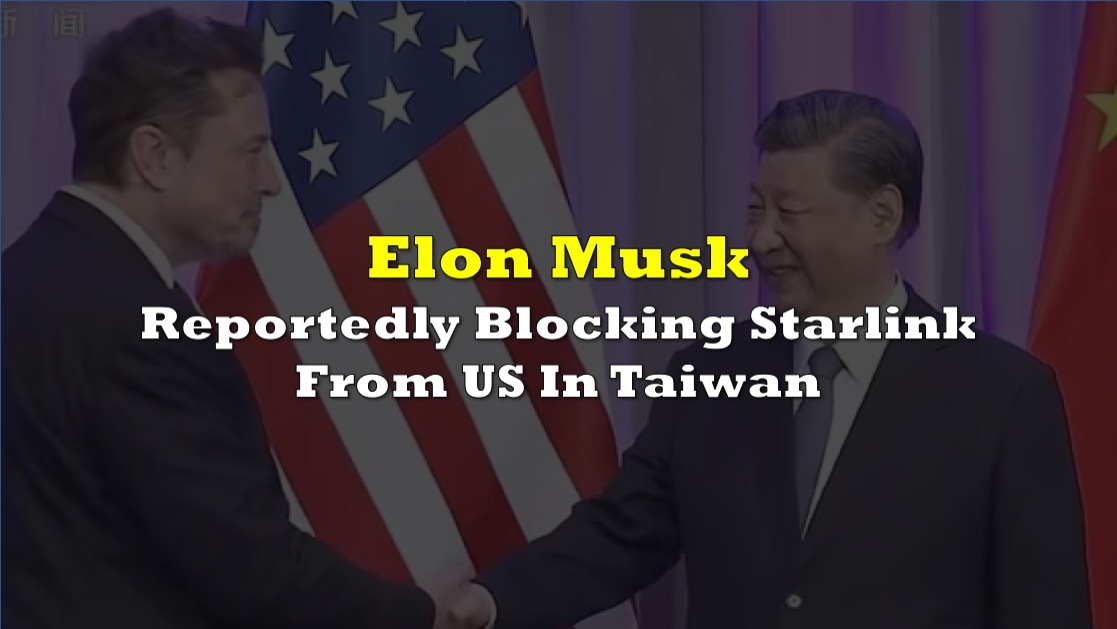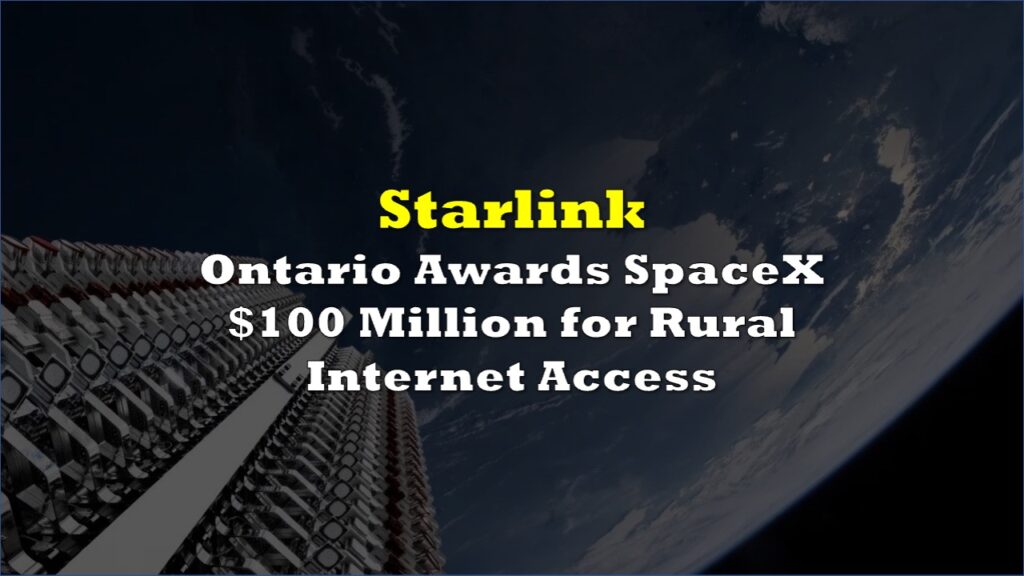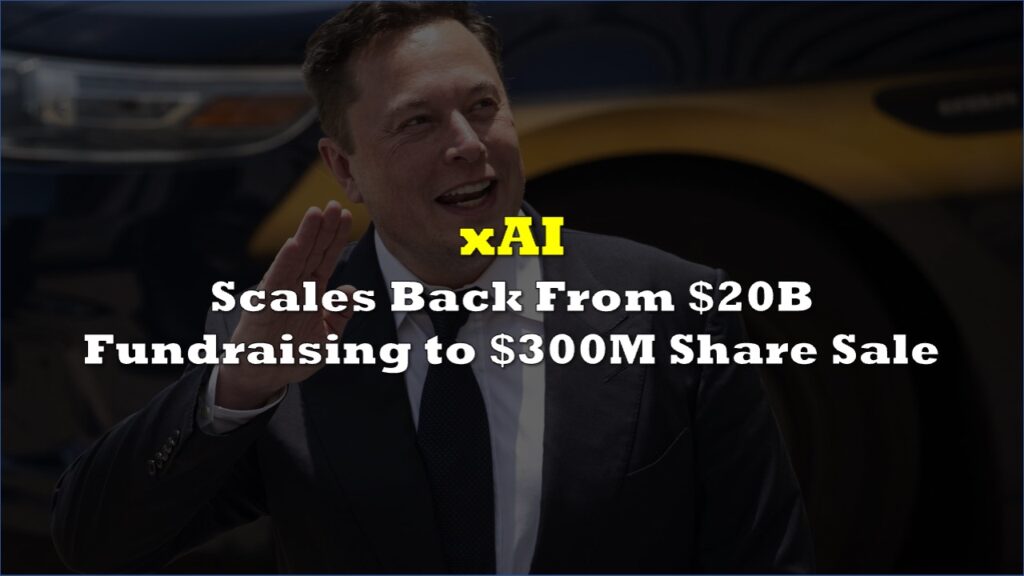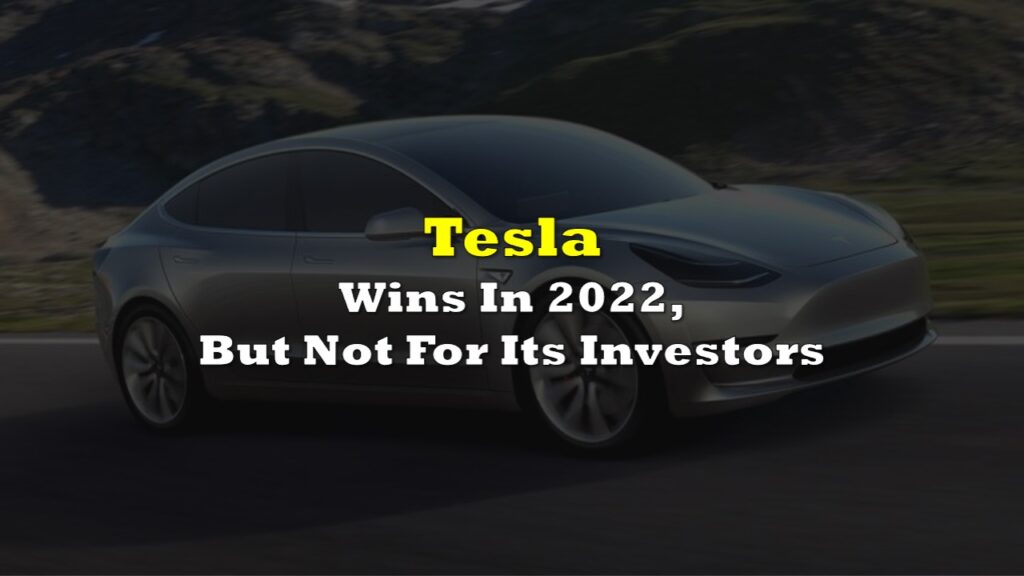Rep. Mike Gallagher, Chairman of the House Committee on the Chinese Communist Party (CCP), has penned a letter to Elon Musk, CEO of SpaceX, expressing concerns over SpaceX’s alleged refusal to provide global access to broadband internet services to the Department of Defense and other government agencies.
The lawmaker has directed attention towards SpaceX’s handling of its satellite network, particularly in relation to the Starshield program, amidst regional tensions surrounding Taiwan.
“Ensuring robust communication networks for U.S. military personnel on and around Taiwan is paramount for safeguarding U.S. interests in the Indo-Pacific region. Therefore, I respectfully request that you provide the Select Committee with a briefing regarding Starshield availability in and around Taiwan as soon as possible,” Gallagher wrote.
The Starshield program, launched in December 2022, utilizes SpaceX’s Starlink technology to bolster national security efforts by providing enhanced prioritization and global access to SpaceX’s satellite network for the US government–with over $100 million committed to the program.
However, concerns have arisen regarding SpaceX’s alleged refusal to provide global access to broadband internet services to the Department of Defense and other government agencies, potentially breaching contractual obligations. Of particular concern is the apparent inactivity of Starshield in and around Taiwan, a “vital partner of the United States” facing increasing military pressure from China.
#Musk the greatest fraud on earth is protected $TSLA
— Fractious (@fractious4ever) February 25, 2024
I’m reading House CCP Letter to Elon Musk on Starshield on @Scribd #ReadMore https://t.co/3YkTc4xPsv
According to Gallagher, Taiwan’s strategic importance as a cornerstone of the first island chain, along with its role in safeguarding US interests in the Indo-Pacific region, underscores the significance of robust communication networks in the area. He further warns that any disruption in communication networks due to CCP military aggression against Taiwan could endanger American service members and jeopardize regional security.
Given these pressing concerns, Gallagher has requested a briefing from Musk regarding the availability of Starshield in and around Taiwan by March 8, 2024. Citing the authority of the House Select Committee on the Strategic Competition Between the US and the CCP, Gallagher emphasizes the committee’s role in investigating and submitting policy recommendations on matters concerning the competition between the United States and the Chinese Communist Party.
Musk-China
Another Musk company, Tesla, relies heavily on maintaining positive business ties with China, prompting Musk to foster close relationships with the nation despite broader tensions between China and the United States. Unlike other foreign automakers in China, Tesla operates its own factory in Shanghai without the necessity of establishing joint ventures.
Musk faced criticism from Taiwanese officials in September last year for appearing to support China’s stance on the reunification of Taiwan, asserting that the self-governing island was an integral part of China.
“I think I’ve got a pretty good understanding as an outsider of China,” Musk said in a podcast interview. “From their standpoint, maybe it is analogous to Hawaii or something like that, like an integral part of China that is arbitrarily not part of China.”
“Listen up, #Taiwan is not part of the #PRC & certainly not for sale,” responded Taiwan’s Minister of Foreign Affairs Jaushieh Joseph Wu to Musk’s statement on X.
This strong relationship with CCP is further highlighted by the growing electric vehicle segment in China. Musk used to dismiss Chinese electric car manufacturer BYD, laughing off the Warren Buffett-backed carmaker back in 2011. But now, his own Tesla has been overshadowed by the Chinese company’s remarkable success, with BYD surpassing Tesla as the best-selling EV maker globally in 2023.
BYD now accounts for one-third of all electric cars sold globally, up from 15% in 2020. Unlike their American counterparts, Chinese automakers offer a diverse range of EV options across various price points, catering to a wider range of consumers.
Furthermore, China’s established EV supply chain further strengthens the position of its automakers, providing them with a solid foundation for expansion into new markets. Facing challenges in the domestic market as a result of saturation, Chinese EV companies are actively eyeing opportunities for growth in regions like Europe and the US.
Information for this briefing was found via Business Insider, CNBC, and the sources mentioned. The author has no securities or affiliations related to this organization. Not a recommendation to buy or sell. Always do additional research and consult a professional before purchasing a security. The author holds no licenses.









